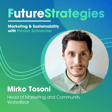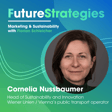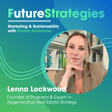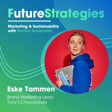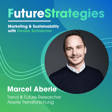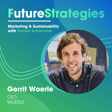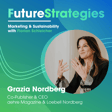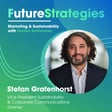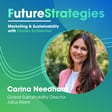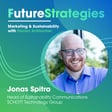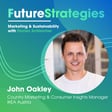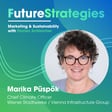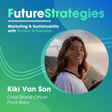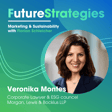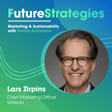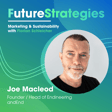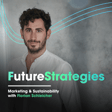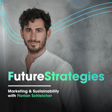
🌲The 700 year old company - Sabrina Bartl from Stora Enso about products that are by default sustainable
Sabrina Bartl is leading the global external communications at Stora Enso Wood Products, a provider of sustainable wood-based solutions that are driving the transformation of the global construction industry. An international business degree majoring in marketing and a Master’s in public communication, it all seems to have prepared her for the company she’s working at. However, she’s sometimes still surprised that she ended up in the construction business.
About the FutureStrategies podcast and your host:
I’m Florian Schleicher, a marketing strategist. I help brands gain clarity, spark momentum, and turn strategy into something that actually moves people. In 2022, I started my marketing studio FUTURESTRATEGIES. to do exactly that. I currently work with corporate clients from 11 countries.
If you want more, check out my FutureStrategies newsletter – weekly inspiration on marketing, strategy and sustainability.
And if something’s blocking your brand from doing its best work, let’s talk.
